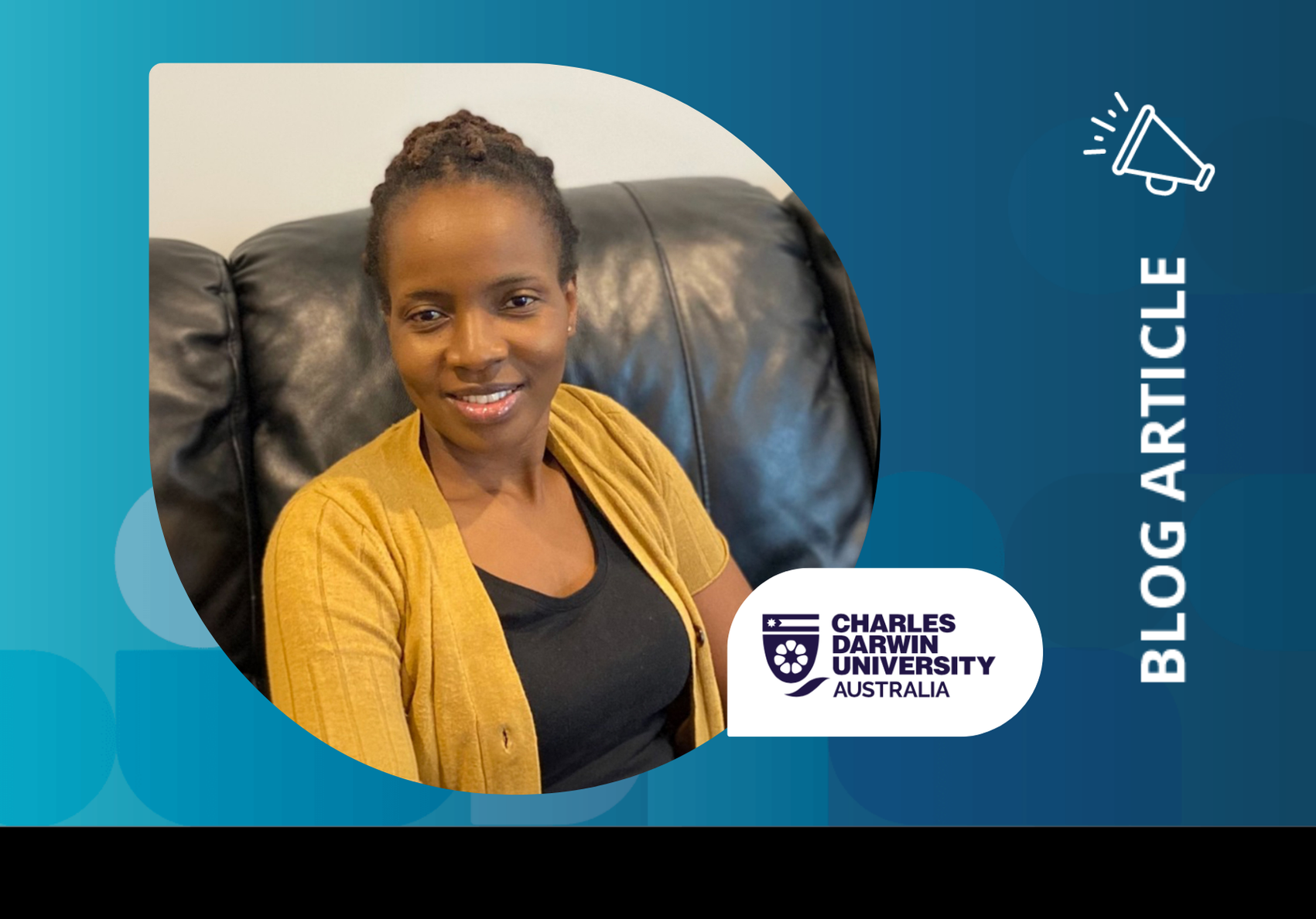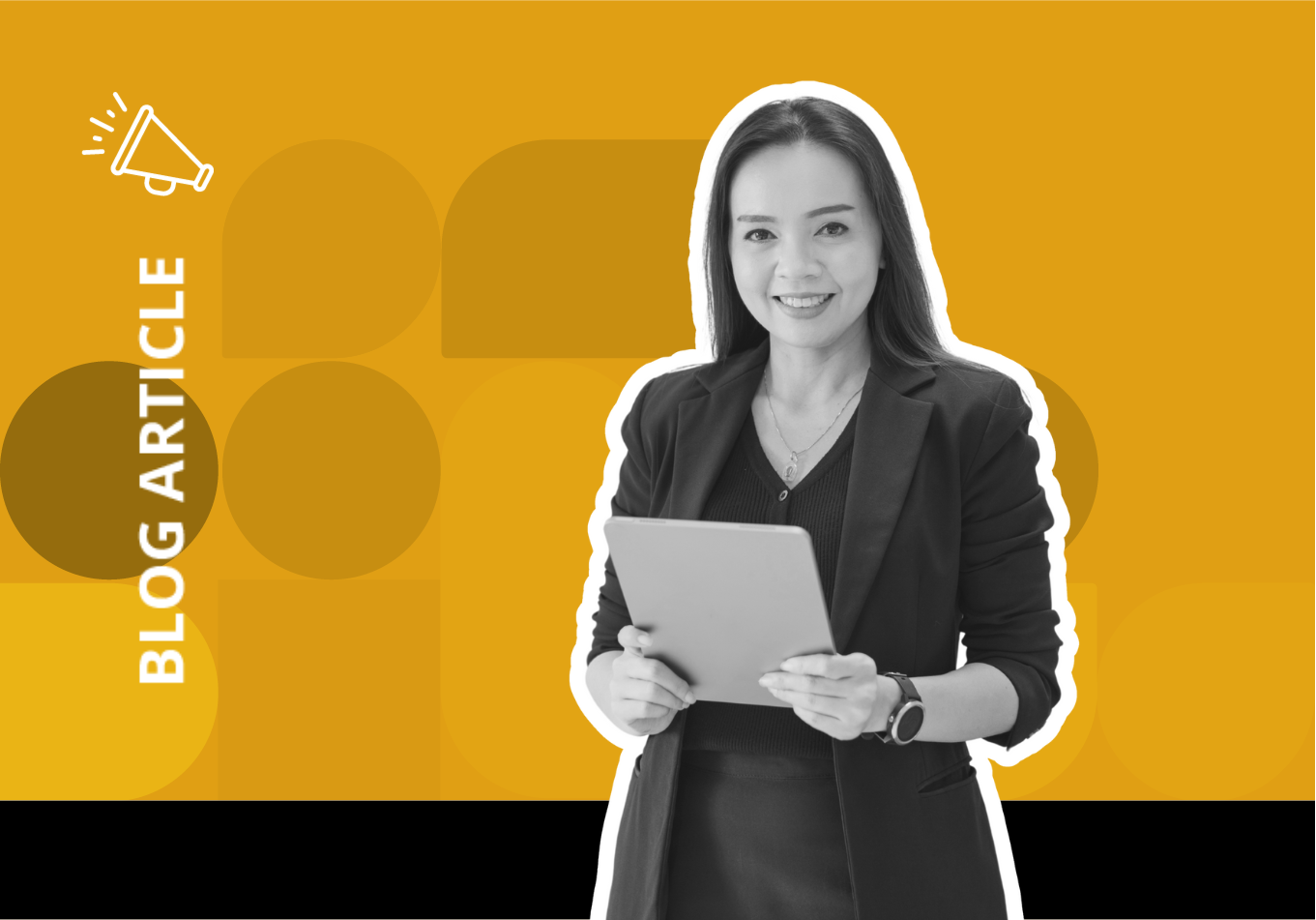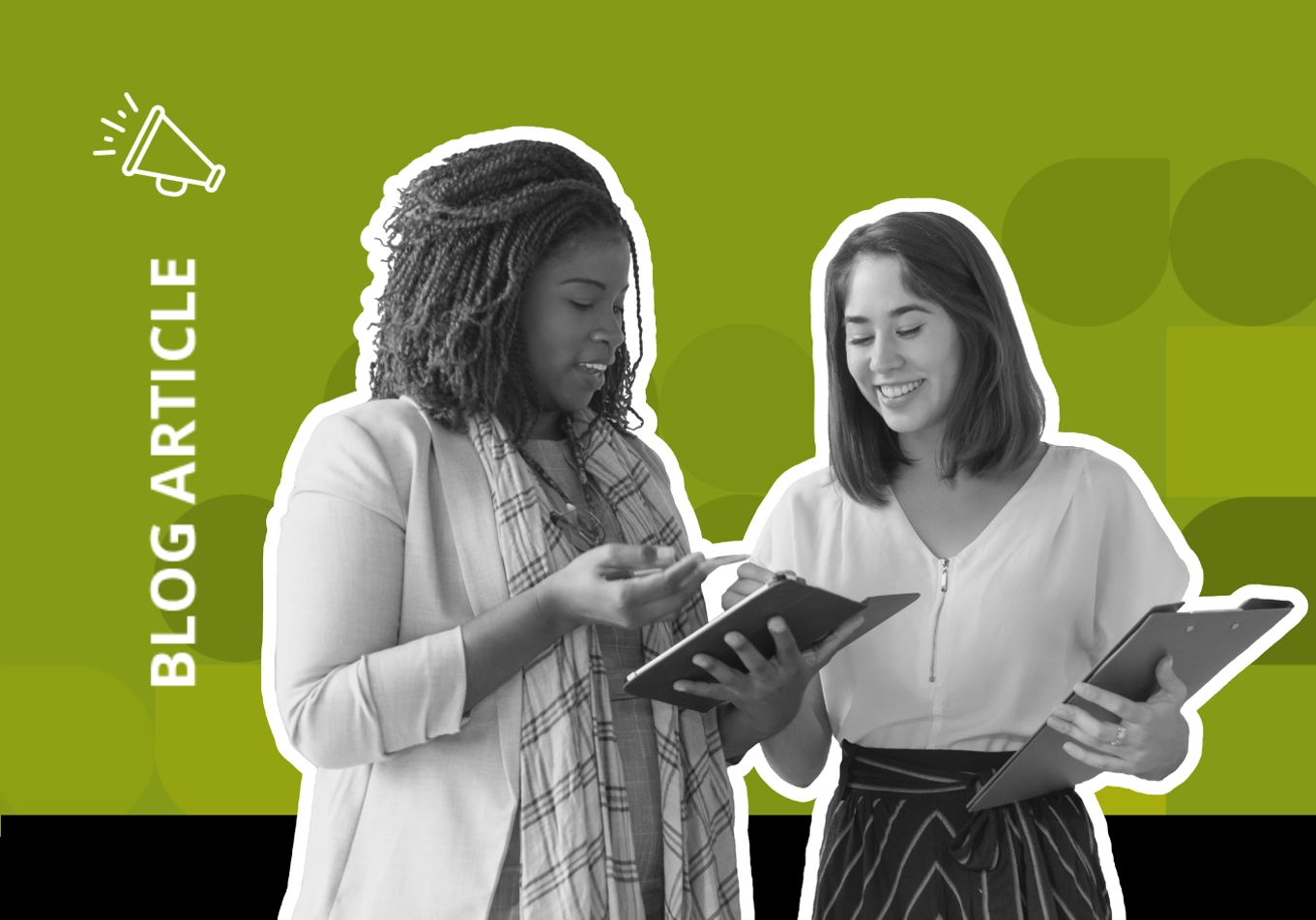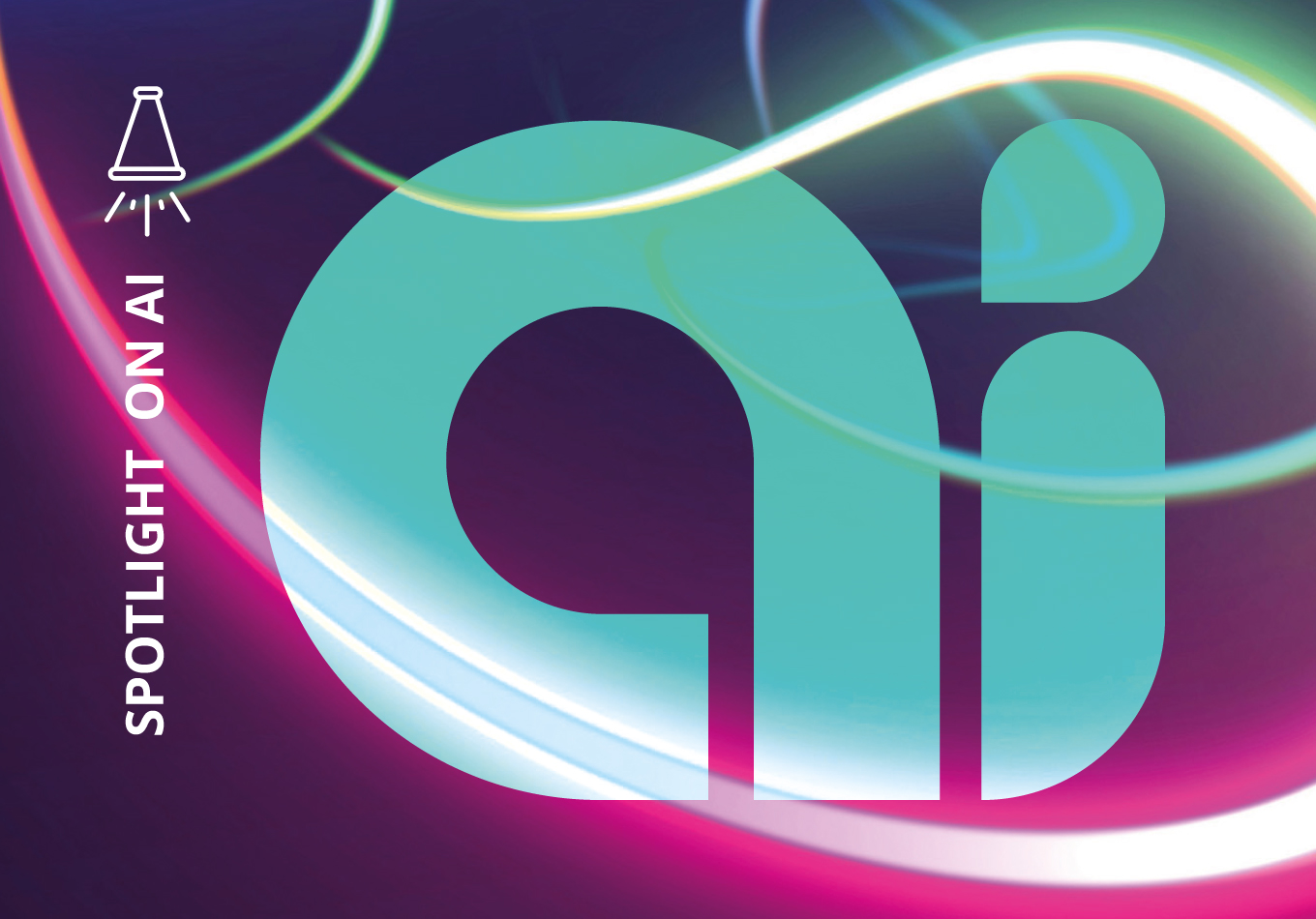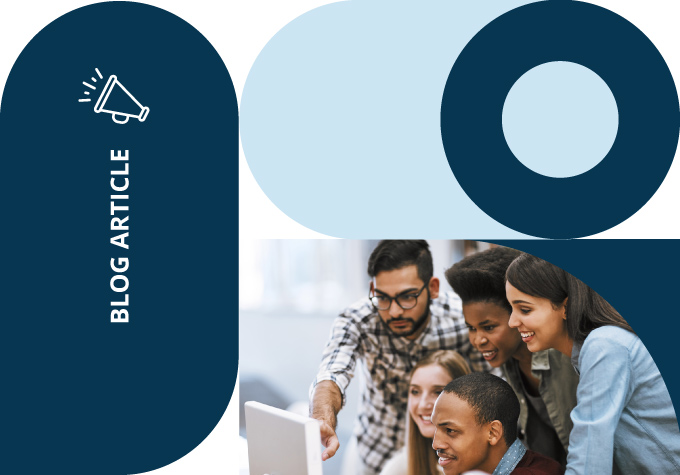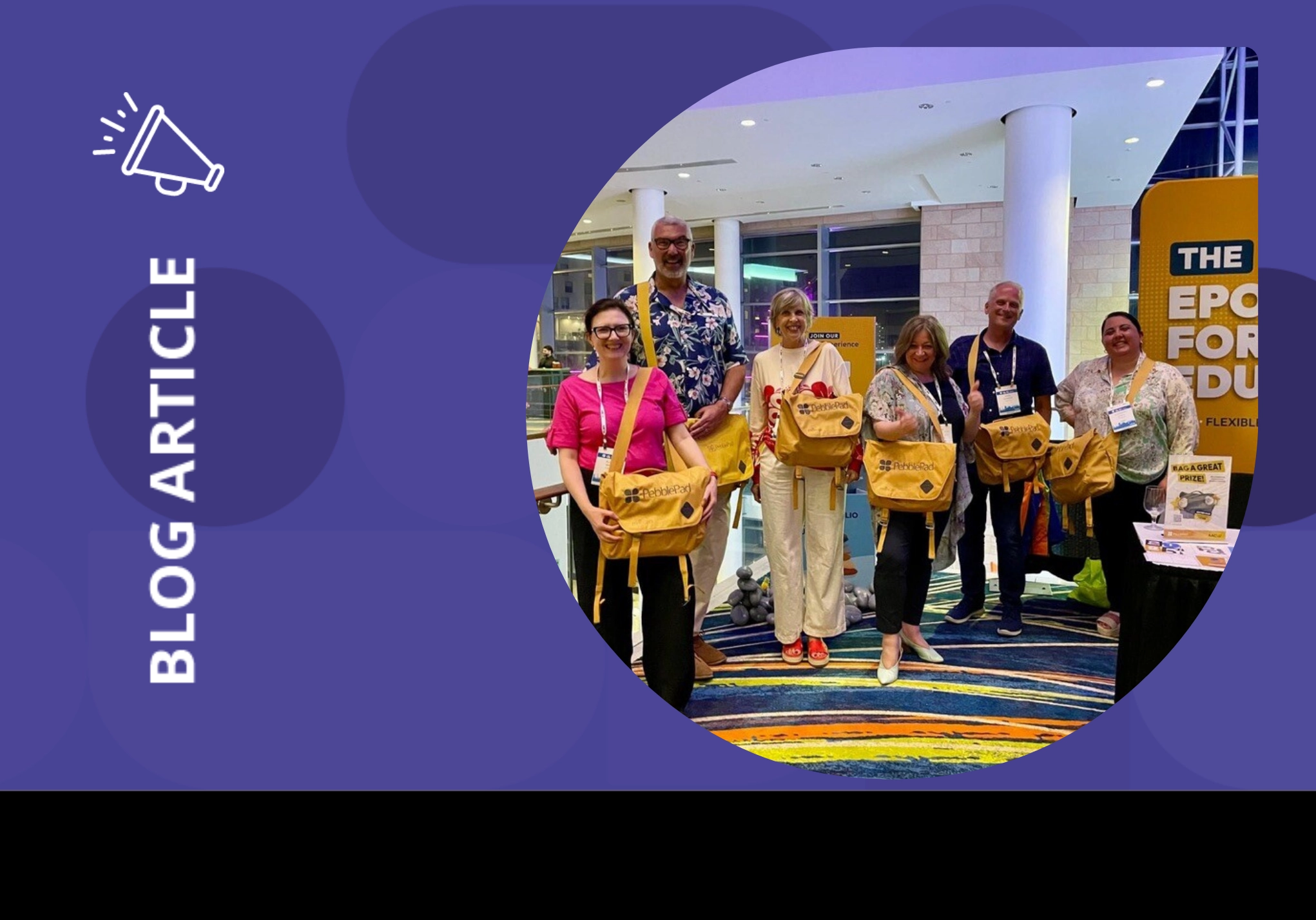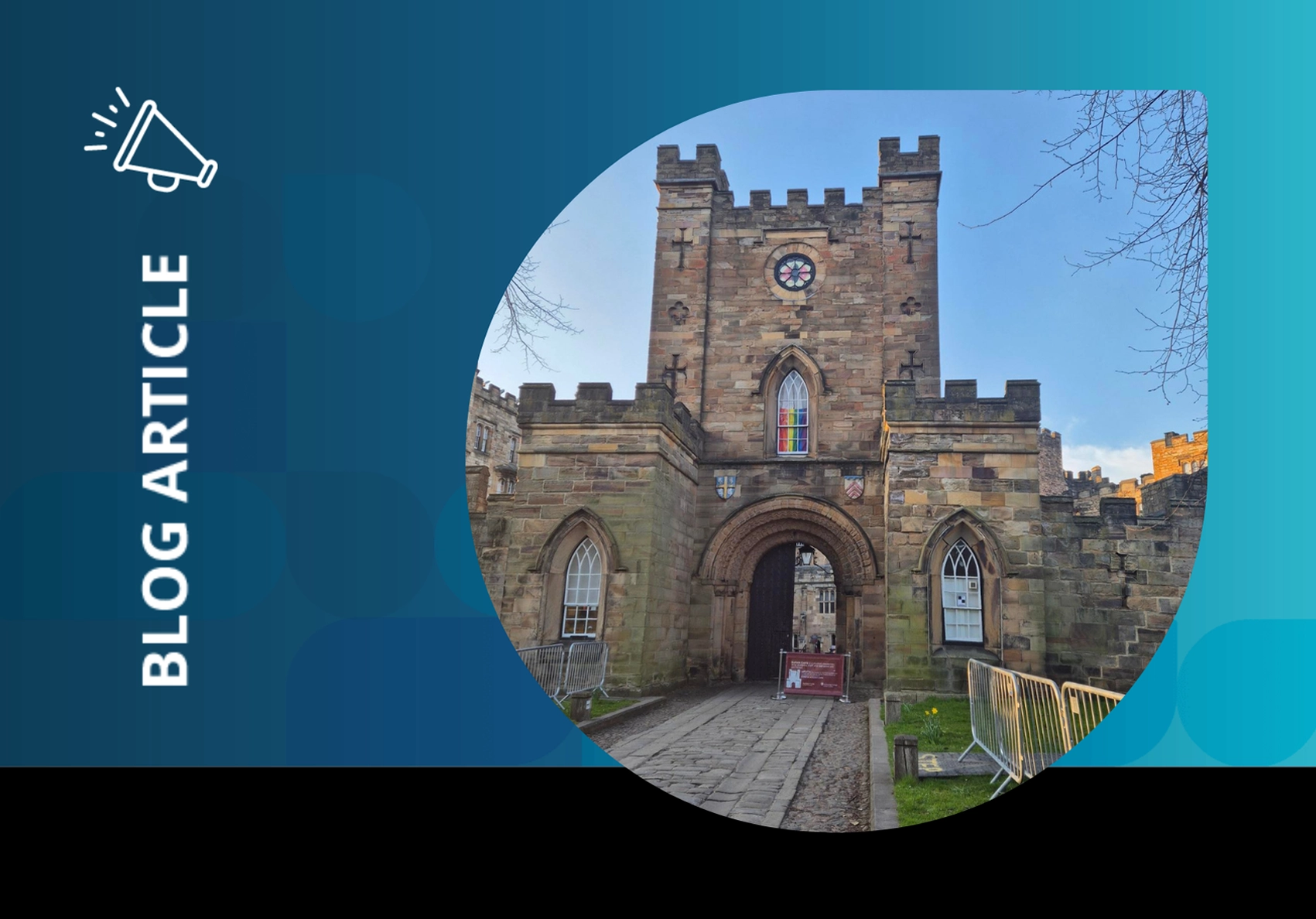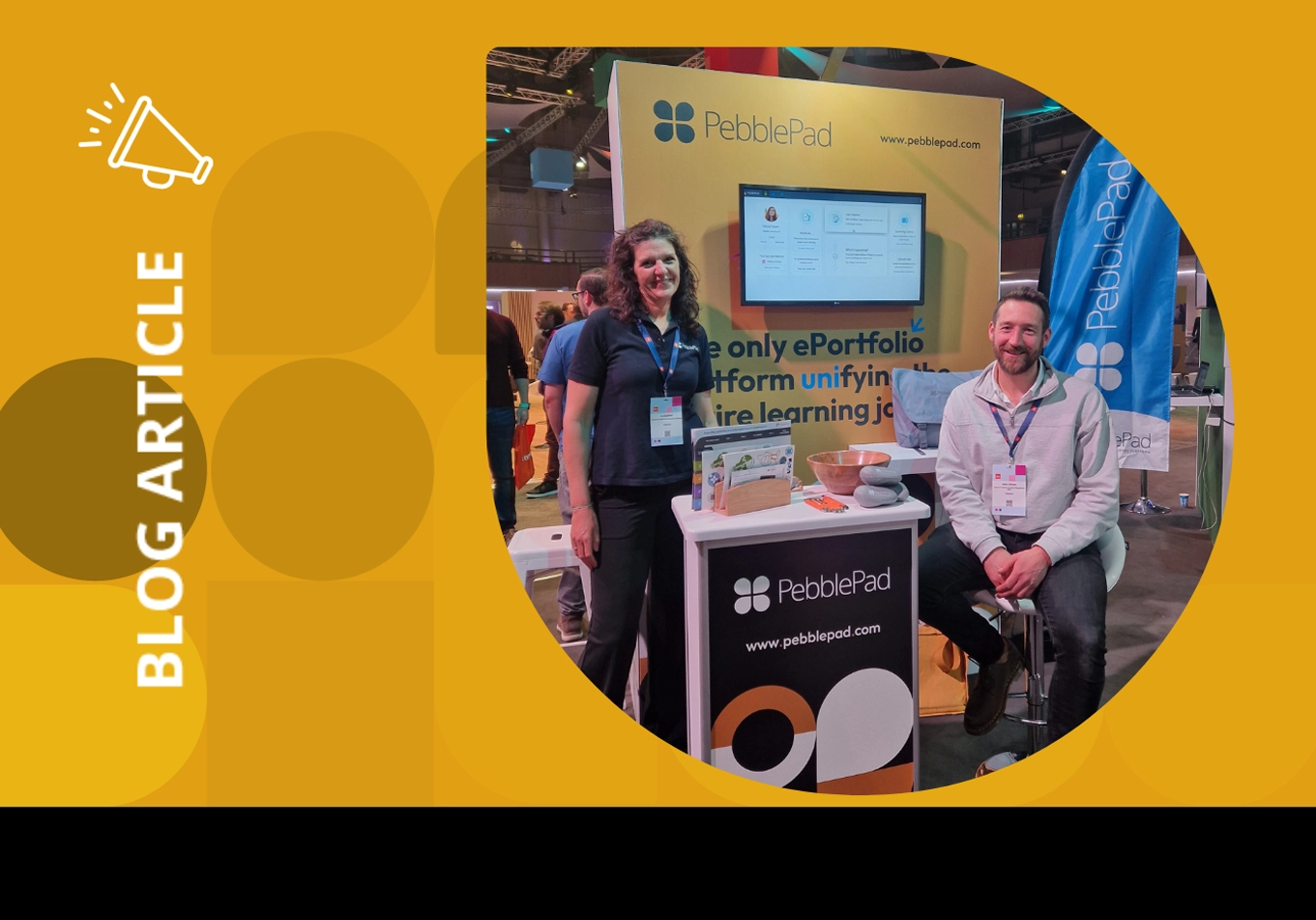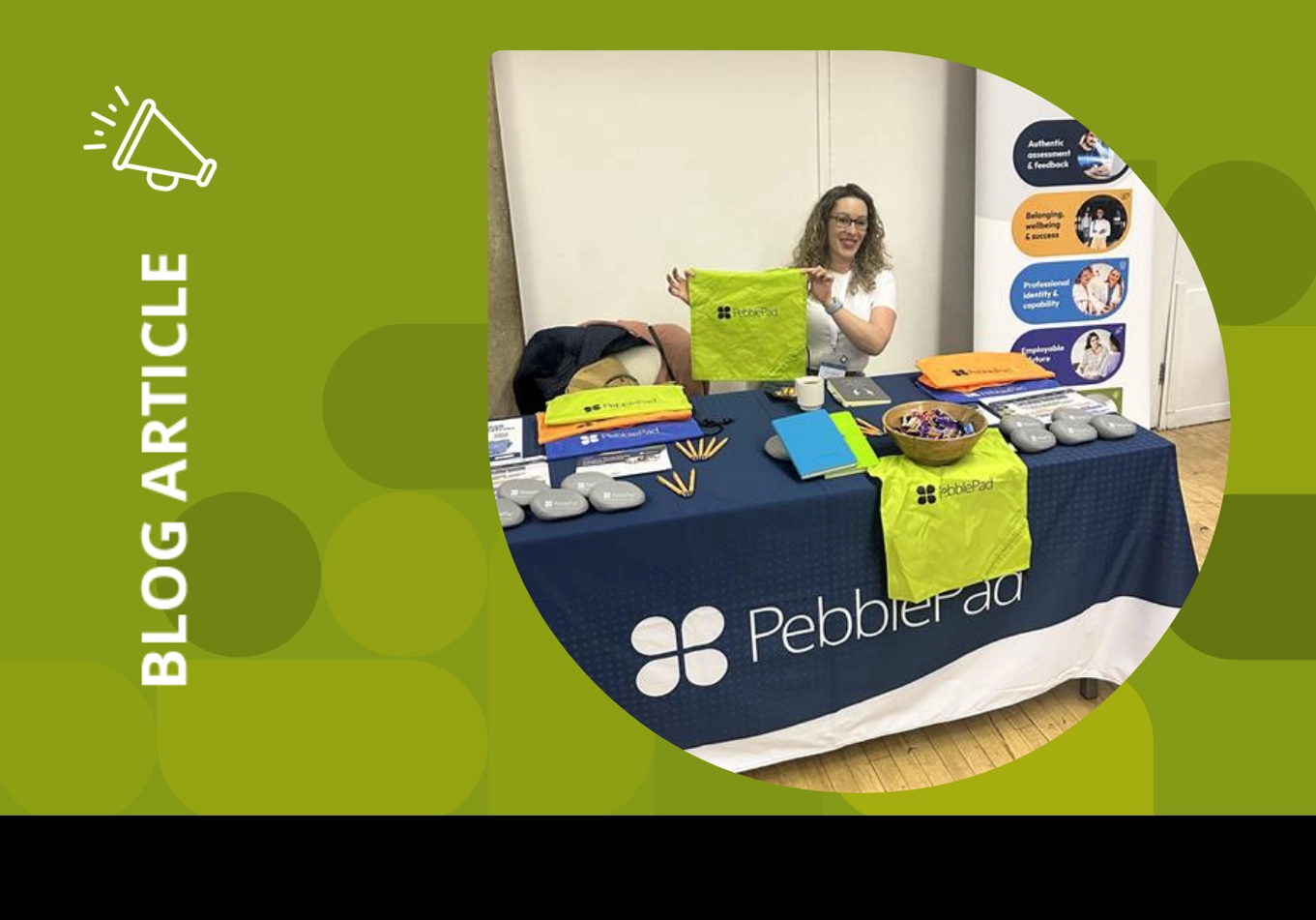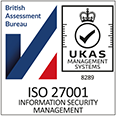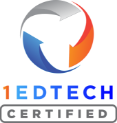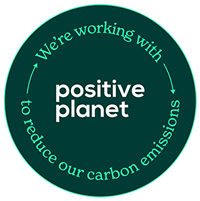A short introduction to this blog and its author
Here at PebblePad, we’re very excited. This in itself isn’t all that unusual as there’s normally always something to be excited about when you’re closely involved with PebblePad. So what’s ramping up the dial on the ‘excitement-ometer’ today? Well, our list of internal blog authors has been incremented by a count of one. Actually, you probably won’t be all that surprised to hear this isn’t the exciting bit. The exciting bit is more do with why our author list has grown in number, and – brace yourself for here comes the exciting bit – it’s all because we’re delighted (and excited) to have Melissa Shaquid Pirie join the PebblePad team from Portland State University.
Below you’ll find her fantastic inaugural PebblePad blog post in which she reflects on an enviable career, looks ahead to the future of higher education, and lets us know what she’s looking forward to most about her PebblePad journey. If that’s not enough to pique your interest, she also lifts the lid on why she feels the aptest title for her business card is ‘The Fixer’. So, without further ado, we’ll leave the remainder of this blog in the very capable hands of the newest member of our PebblePad North America team – Melissa Shaquid Pirie.
Enjoy.
The Fixer
Teaching and learning in higher education has become an increasingly complex web of relationships between knowledge and technology. For the last two decades I have worked in higher education across both community college and public university settings. I have been everything from a public relations and retention specialist, a coordinator of dual enrollment programs, a director of student and academic services, to a faculty training and development coordinator. I have been unimaginably lucky to have worked on both the faculty and service sides of higher education.
In many positions, I was charged with building meaningful relationships across these often-disconnected sectors. My career has been littered with “odd jobs” within institutions, had I to choose a single business card for myself, my official title would likely be “the fixer”. Program development, grant money influxes, new innovations, and ground-up initiatives always seem to have my name on them somewhere. It was in these ad hoc, hyper-resourceful, run-out-front-of-the-pack type roles that I found my sweet spot in the academy. I am first and foremost a problem solver.

Authentic, flexible learning experiences
For me, the problems associated with building authentic and flexible learning experiences have often been shaped by the technological solutions we used to structure them. In my educational career, as both a student and an educator, I have lived through many student information systems (SIS), learning management systems (LMS), accommodation systems, recruiting and transcription systems, and of course project and eportfolio systems, the list is endless.
Each one was applied as a structure to help us solve the problems at hand, while inherently generating a few of its own. Systems design became a formal part of my education and an informal part of every job I took. I entered into a love/hate addiction with systems, and what I could do to push them to their limits, in search of the absolute best learning experience for my students. As educators living in an environment of continuous (Weick and Quinn) and exponential (Fisch) change, we are not likely to see a reduction in tech based systems, nor a slower pace of implementation. At some point, I stopped looking for that space, void of technology, and started and looking for the best systems out there to solve the problems at hand.

Writing the story of you
How do you write the story of you? I hear this question on a weekly basis. For most humans I know, this type of representation poses, well. . . a problem. Digital identity creation and curation, my area of research and educational practice, can feel daunting when you are trying to synthesize a lifetime of events into a distilled and unique digital fingerprint. I have literally spent years working on teaching techniques with colleagues that help us to answer this question. When I work with others on portfolio development I often say that the details of what has happened to us are less important to others than what we have learned from what we have experienced. The learning is the outcome, and those past outcomes become a part of future trajectories.
Slow magic
Minus the details, the compelling parts of what I have learned in higher education are often the pedagogies and tools that have helped me solve the largest problems I encountered along the way. How do we continue to learn as educators? How do students learn in way that preserves their identities while developing them at the same time? How can storytelling (a process that we retain in our minds more effectively than any other educational practice) change the world? My teaching and learning practices are focused on solving these problems, are rooted in personal authenticity, and revolve around three modalities; mindset (Dweck), intellectual development (Belenky), and significant (Fink) and transformative (Mezirow) learning.
In education, we view ourselves as being successful when our work intersects with actual social transformation. That type of transformation requires the learners to know that growth is always possible, and for us to reinforce that mindset at every turn. When students intellectual and social capacities develop – and what they dreamt of becoming actually happens, or better yet, they end up far exceeding their original idea of who they can become and the impacts they can have, then we have achieved a degree of transformational learning, or what I think of as slow magic.

More than a portfolio platform
In 2015, we acquired and piloted PebblePad as a Personal Learning System for our students at Portland State University. A new and highly capable platform can be a great place/way to gain momentum on an initiative, and flesh out learning possibilities. Our goal was to grow the eportfolio culture we already had on campus to new and larger proportions. During procurement, we were focused on the portfolio side of the platform, but quickly realized its potential far outreached portfolio development. PebblePad is a place where students can plan and document their experiences and thoughts as well their achievements. While it was not designed to be a Learning Management System (LMS), PebblePad has the capability to deliver content and manage submissions and online conversations; in fact, it is viewed as “more than an LMS” in some PSU program areas. In addition, being one of the first customers in the American market has meant that PSU has had a collaborative relationship in the recent and future product development of PebblePad.
”I removed any highly prescriptive portfolio practices and instead offered scaffolding that allowed for deeply creative and personal work to emerge. When I review and grade their scholarly work in PebblePad, I am incredulous at what they are brave enough to create, at the shape of what they are creating. I am changed as an educator by what they are accomplishing in this system that belongs to them.”

There are many lessons we learned through the use of PebblePad, and several problems that have been solved at PSU already though the use of PebblePad, many of these such as untranscripted learning experiences and/or uncaptured competencies, and the privacy and security of student work, are standard problems most institutions face. Having a solution-oriented platform was what we bargained for, but what happened to my learners was not something I could have predicted. Looking back on it, I realize that the platform itself changed my teaching, and that in turn changed the way in which my students were learning. Students shared with me that it made a difference in how they make connections across experiences to see all of their work, plus professional and personal experiences, together in one location, as opposed to the course shells of an LMS that were closed to them almost immediately post experience.
I began employing autoethnographic approaches to reflective writing and helping them make connections through integrative learning practices. I removed any highly prescriptive portfolio practices and instead offered scaffolding that allowed for deeply creative and personal work to emerge through student driven planning processes. When I review and grade their scholarly work in PebblePad, I am incredulous at what they are brave enough to create, at the shape of what they are creating. I am changed as an educator by what they are accomplishing in this system that belongs to them, humbled to have the privilege of viewing and providing feedback on such authentic work, and above all amazed at the reflective and personal work they are doing, which affords me as an educator a learning experience I may never have had.
Looking to the future
What is clear to me is that PSU made a choice that had, and will continue to have, an impact on teaching and learning there. In my life as an educator, I am experiencing this as the front end of a paradigm shift in education, which we all hear about so often (are we bundling and/or unbundling education this week?), but is often expressed in generalized and ambiguous terms.

With international convergence practices in education strengthening each day, knowledge age skills listed as one of the most sought-after skillsets a degree earner can possess, and with the end of privacy upon us and mass surveillance the new norm – PebblePad, as a personal learning space, has set many of my learners free into a world of self-reflection and creative complex critical thinking. I have seen its capacity to help learners reflect on who they are, where they have been, what they have learned, and what they believe is possible. Having the ability to share only what they want to about those reflections with others (“selective audiencing”) has afforded them perhaps the first truly personal technology space learners have had in my teaching lifetime.
PebblePad’s privacy and security allows me to employ teaching techniques that I would not have otherwise suggested. Its structure and access points (such as the PebblePocket App) allow for my learners to use it in their everyday lives. It has solved more problems than it has posed. It has afforded me an excellent opportunity to work with innovative and forward thinkers. What I am most looking forward to as an Implementation Specialist with PebblePad is working with more institutions and educators who are also seeking to answer the problem of how to develop teachers and learners over time, help them to see and experience that growth in a supported way, and to fully realize the transformations they seek, be it learning or otherwise. By providing others with implementation support in this way, what I have learned from PebblePad will become a part of its future trajectory, and that is what a learner hopes for.
Further reading
Belenky, M. F. (1986). Women’s Ways Of Knowing: The Development Of Self, Voice. Basic books.
Dweck, C. S. (2006). Mindset: The new psychology of success. Random House Incorporated.
Fink, L. D. (2013). Creating significant learning experiences: An integrated approach to designing college courses. John Wiley & Sons.
Mezirow, J. (1997). Transformative learning: Theory to practice. New directions for adult and continuing education, 1997(74), 5-12.
Fisch, K., McLeod, S., & Brenman, J. (2012). Did you know? 3.0
Weick, K. E., & Quinn, R. E. (1999). Organizational change and development. Annual review of psychology, 50(1), 361-386.



